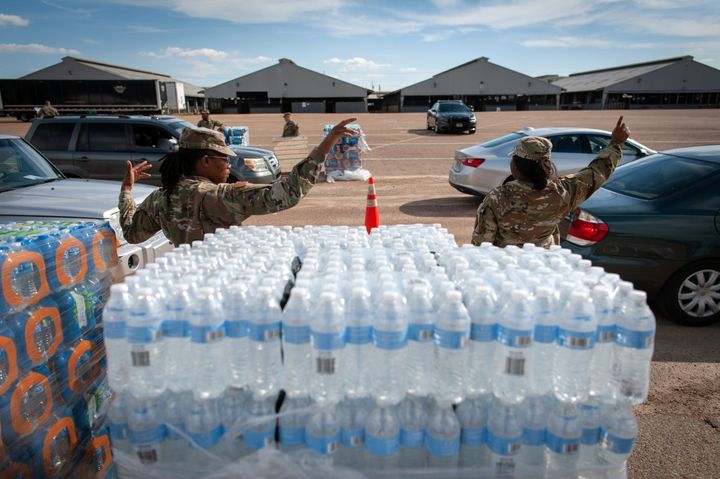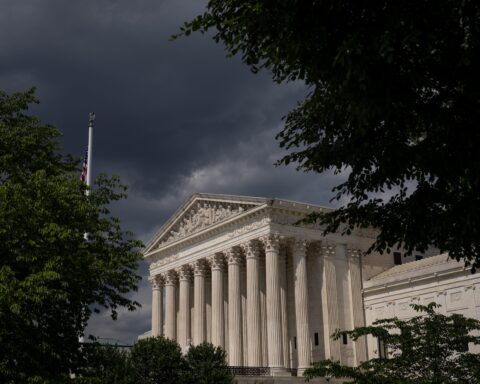By Bilal G. Morris
On Tuesday, the Department Of Justice filed a proposal in federal court that, if approved, would appoint an Interim Third Party Manager to stabilize the city of Jackson, Mississippi’s public drinking water system. The move was made by DOJ to build confidence in the system’s ability to supply safe drinking water to the system’s customers.
The city and the Mississippi State Department of Health (MSDH) have both signed the order and have agreed to all its terms. The Justice Department also filed a complaint against the city alleging that the city has failed to provide drinking water that is reliably compliant with the Safe Drinking Water Act (SDWA) to the system’s customers.
According to DOJ, the proposal is meant to serve as an interim measure while the United States, the city, and MSDH attempt to negotiate a judicially enforceable consent decree to achieve long-term sustainability of the system and the city’s compliance with the SDWA and other relevant laws.
“Today the Justice Department is taking action in federal court to address long-standing failures in the city of Jackson’s public drinking water system,” said Attorney General Merrick B. Garland. “The Department of Justice takes seriously its responsibility to keep the American people safe and to protect their civil rights. Together with our partners at EPA, we will continue to seek justice for the residents of Jackson, Mississippi. And we will continue to prioritize cases in the communities most burdened by environmental harm.”
The proposal would give the interim Third Party Manager the authority to operate and maintain the city’s public drinking water system in compliance with SDWA, the Mississippi Safe Drinking Water Act, and related regulations.
The interim manager would also take charge of the administration responsible for billing water users, is responsible for implementing capital improvements to the city’s public drinking water system, and correcting conditions within the city’s public drinking water system that present, or may present, an imminent and substantial endangerment to the health of the city’s residents.
“Every American — regardless of where they live, their income, or the color of their skin — deserves access to safe, reliable drinking water,” said Assistant Attorney General Todd Kim of the Justice Department’s Environment and Natural Resources Division. “For many years now, the people of Jackson have lived in uncertainty — uncertainty about whether, on any given day, the water that flows from their taps will be safe to drink. With our court filings today, we have taken an important step towards finally giving the people of Jackson the relief they so desperately deserve.”
Although this is a step in the right direction, the people of Jackson, Mississippi still deserve better.
On July 29, MSDH issued a boil-water notice for Jackson’s public drinking water system.
The next month, the city proclaimed an emergency after excessive rainfall and extreme flooding prevented the system from delivering any water to the approximately 160,000 persons living within the city and in certain areas of nearby Hinds County who rely on the system.
Residents had no running water to drink or to use for basic hygiene and safety purposes like washing hands, showering, flushing toilets, fighting fires, or washing dishes.
The water pressure was not restored until Sept. 6, and the boil-water notice remained in effect until Sept. 15.
Jackson has struggled with safe water access since the 1940s, but nothing has been done.
In the 1970s and again in 2020, the EPA warned that the city had to get serious about updating its infrastructure to improve water quality, but they didn’t.
Jackson’s Mayor Chokwe Antar Lumumba said the city’s water plant had failed numerous times since 2020. According to the official, in early 2020, the city’s water system failed an Environmental Protection Agency (EPA) inspection. In the report, the agency wrote that the drinking water “had the potential to have the presence of” harmful bacteria and parasites, “based on evidence” of turbidity and cloudiness in the water. They also expressed concerns about the “condition of the distribution system.”





